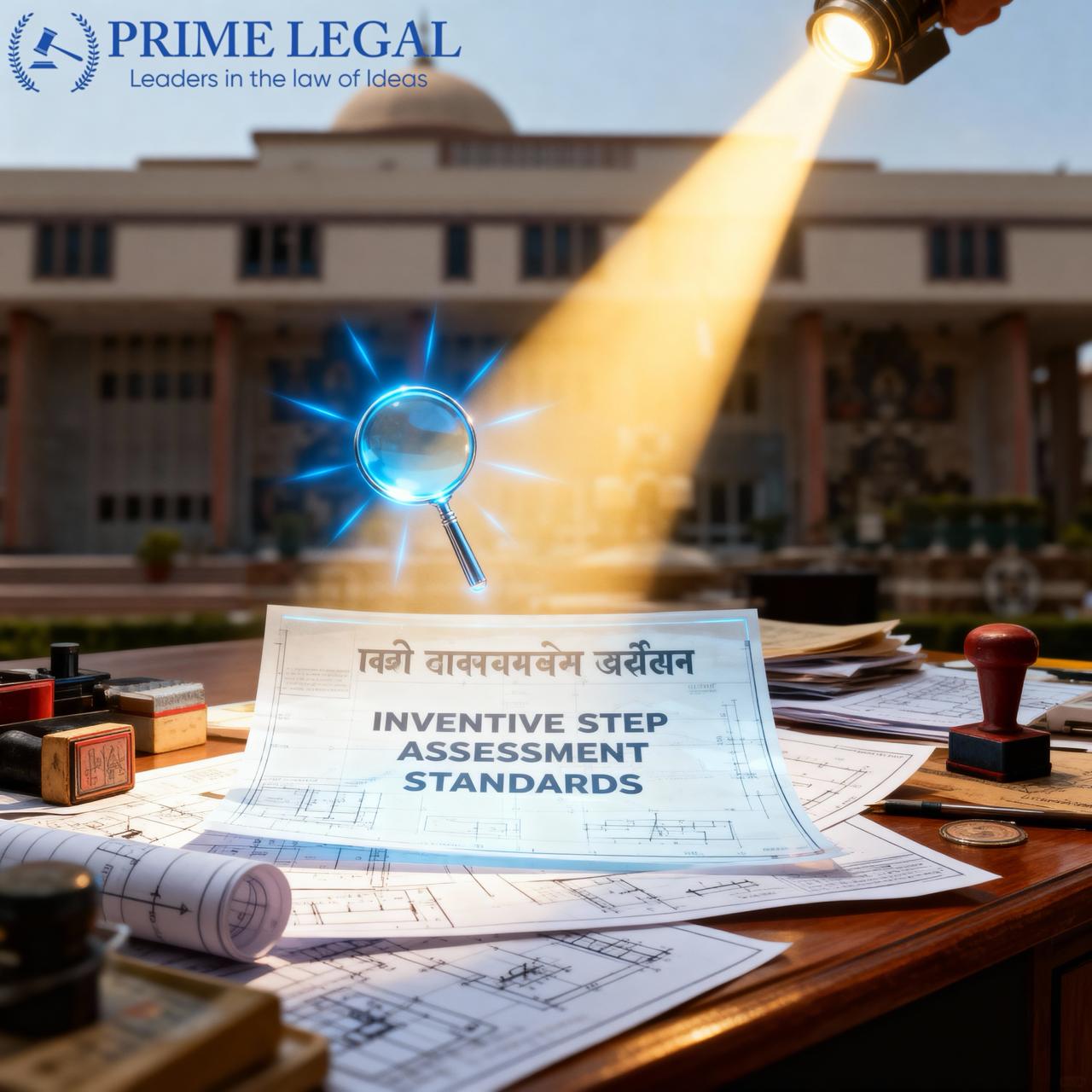Introduction
When a person invents something that has never before been invented by anyone, the first thing he would seek is protection legally and that is given by something called a Patent. A patent is a legal right granted by the government to an inventor that gives them exclusive control over their invention for a limited period, typically 20 years. It prevents anyone else from making, using, selling, or importing the invention without the patent holder’s permission.
In order for someone to get a patent by the government for their work, the invention must meet a few criteria. First the invention should satisfy Novelty. It means that the invention must be completely new and not already known to the public.
Second is the Inventive step. This is the most important criteria that determines the patent application being granted or not. Inventive step means that an invention must show a “technical advance” or “economic significance” compared to what already exists, and it should not be “obvious” to a person skilled in that field. Third being Industrial Application which means the invention must be useful and capable of being manufactured or used in industry.
In this case, the second essential criteria was discussed by the Delhi High court.
Background
A person named Mr. Tapas Chatterjee, is the appellant in this case. He invented a new process for recovering potassium sulphate, from waste generated by distilleries. He filed a patent application for this process. The Council of Scientific and Industrial Research (CSIR) opposed the application, claiming it was not new or inventive. The patent office thought it fit to reject the patent application because it was “obvious” based on prior art (“the existing scientific knowledge”). Dissatisfied with the decision, the appellant has approached the Delhi High Court.
Key points
Lack of Detailed Reasoning by the Patent Office: The Court noted that the Assistant Controller of Patents had taken a very mechanical approach while examining the application. Instead of giving proper reasoning, he just repeated the legal provisions and claimed the invention was obvious, without actually explaining how someone skilled in that field could have derived the process from the existing prior art. With this the court held that using such a rule of thumb process is highly discouraged.
Importance of the “Person Skilled in the Art” Test: The Court emphasized that determining whether an invention is obvious requires imagining what a “person skilled in the art” (an expert with general industry knowledge) would think. It was held by the court that both the patent office and the learned Single judge have erred in applying the test especially in how they neglected in identifying who are the skilled person first. By ignoring all the foundational steps they directly started the test at Step 4 that is the Hoffman test and this was the reason their examination was erroneous.
Differences in Processes and Products Not Properly Considered: The Court observed that the Patent Office and Single Judge incorrectly concluded the invention was merely a combination of known processes producing a known product, potassium sulphate. However, the Court pointed out that Chatterjee’s process also resulted in new valuable products (such as high molecular weight compounds usable as cattle feed and magnesium sulphate), which were not produced in the cited prior art.
Recent Developments
As of now, there are no recent developments available after the Delhi High Court’s judgment in the Tapas Chatterjee patent case. The decision was pronounced on October 6, 2025, and the main direction was for the Patent Office to re-examine the application
Conclusion
The Court ordered the Patent office to re – examine the application. This Order from the Delhi High court serves as a reminder how the examining of the application happens and how it is often arbitrary. The court held that the decision of the Patent office was made without explaining why the appellant’s invention was obvious.This judgment stresses that patent decisions should be logical not just based on personal opinion which are subjective. The examination of the application was directed to be done in an objective manner.
“PRIME LEGAL is a full-service law firm that has won a National Award and has more than 20 years of experience in an array of sectors and practice areas. Prime legal falls into the category of best law firm, best lawyer, best family lawyer, best divorce lawyer, best divorce law firm, best criminal lawyer, best criminal law firm, best consumer lawyer, best civil lawyer.”
WRITTEN BY S. KAVIYA SRI


